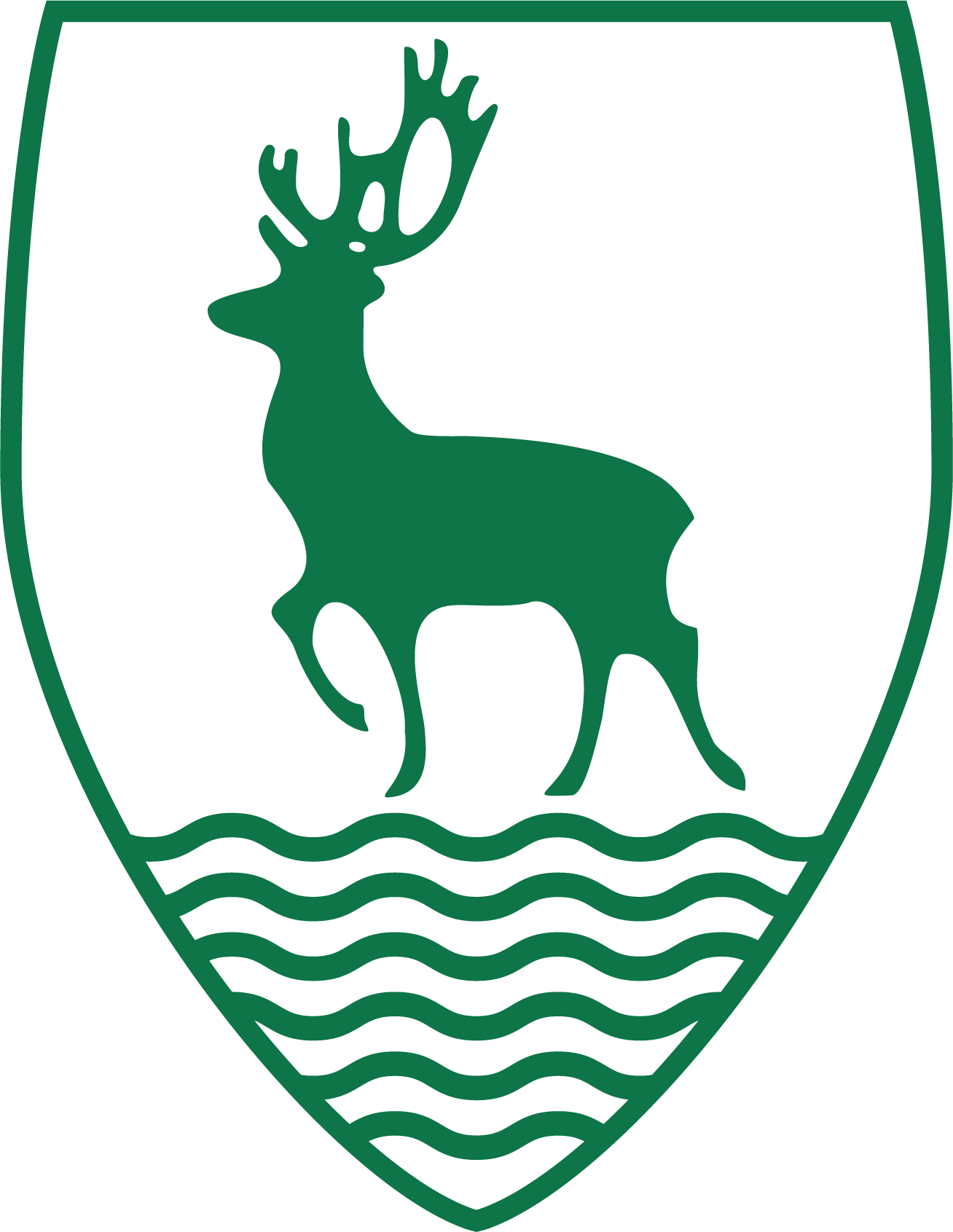Educational Expert Dylan Wiliam suggests:
“It’s the commitment we make as teachers to never stop learning that will build good habits, develop great teachers and ultimately move the lives of the young people in our care forward. Every teacher needs to improve, not because they are not good enough, but because they can be even better.”
We are proud to support staff in their quest to professional develop especially those that have undertaken NPQs. These can last between 12 and 18 months.
During the period of study, staff learn from the evidence-based curriculum of the chosen qualification, drawing on effective pedagogy, current research and international best practice to equip staff with the knowledge and skills to improve in their current role, or take the next step in their career
Today we celebrate the most recent member of our staff to complete an NPQ (Mrs Cannon) and a member of staff currently working on one (Mr Townsend)
Congratulations to Mrs Cannon. She writes:
“At Simon Balle we are very fortunate to have a strong culture of professional development. Staff are encouraged and supported to study for additional qualifications. When I arrived to teach at the school in 2021, I had no idea that teachers could partake in a variety of National Professional Qualifications (NPQ’s). I quickly learned in a new staff meeting that NPQs for teachers exist, and I would be encouraged to apply. I have been a Head of Department for many years and I am considering the next steps in my career, and so the NPQ in Senior Leadership felt like the right NPQ to undertake. I began the NPQSL in the Spring of 2022, and completed it in September 2023. It involved four face to face meetings with colleagues around Hertfordshire, and many tasks to complete between my teaching and Head of department responsibilities. I really enjoyed doing the NPQSL, It was an excellent opportunity to develop my own knowledge and skills, and to network with colleagues in other schools”
Mr Townsend writes:
“Throughout my career I have always enjoyed supporting other members of staff, and been involved in training others. My career background has involved a variety of roles in a range of schools. As a result, this academic year I decided to sign up for the National Professional Qualification in Leading Teacher Development (NPQLTD).
The NPQLTD is driven by evidence based practice, and has enabled me to engage with up-to-date research on a more regular basis. The course involves: completing online tasks linked to research and submitting this to tutor; analysing case studies looking at how interventions have been planned, implemented and reviewed in different schools; spending time with an in-school coach (Mr Finch) discussing pedagogy and how we as a school approach certain aspects of CPD; and attending in-person sessions delving into the research, and how this is relevant to leading teacher development.
Two areas of interest that have stood out to me so far: the power of peer observations, and the importance of subject specific CPD.
Peer observations are one of the most valuable ways of learning – seeing good examples of teaching strategies in action, whilst supporting colleagues in identifying areas to work on. We have a wealth of knowledge and experience here at all stages of career development, from teachers new to the profession to those who have been at SBAS for over a quarter of a century. Every member of staff has something valuable to share, and we have chosen a career path where constantly learning is vital. Observing colleagues, and being observed by colleagues – even for just 10 to 20 minutes – is an area I am looking into allocating more of my time.
Cordingley et al (2018) really emphasise the need, and want, for staff to engage with subject knowledge. Generic pedagogical strategies can still be used as CPD, but clear examples of how they can be used in specific subject areas makes the training more successful. Typically as a profession staff spend less than 25% of their training on subject specific content, yet when surveyed, subject specific is the training seen as most beneficial to the individual. We spend time weekly having meetings about Teaching and Learning as departments, enabling us to discuss subject specific pedagogy, along with making generic pedagogy more specific to our subject areas. In Maths, we are focussing on specific WalkThru strategies (designed by Tom Sherrington but links to a wide range of research) as a department, along with each having our own, which we share with the department. I am currently looking at ‘Giving Practical Demonstrations’ as a way of representing different topics, and have shown examples to my colleagues.
Seeing pedagogy from a subject specific angle, and viewing it live by observing others, has a positive impact on staff CPD. Creating an open and supportive environment is key for staff engaging with CPD; one we clearly have here at SBAS. An example of this is the development of a large working group of teachers, led by Mrs Rooke, who are engaging with research and putting this into action in the classroom”
We wish all staff well who work on NPQs and celebrate with those who have completed them. Well done all!

